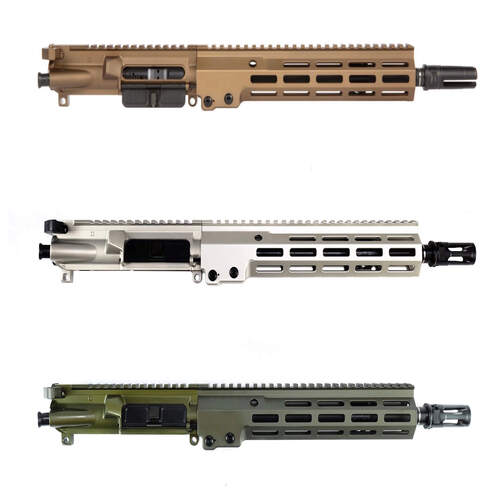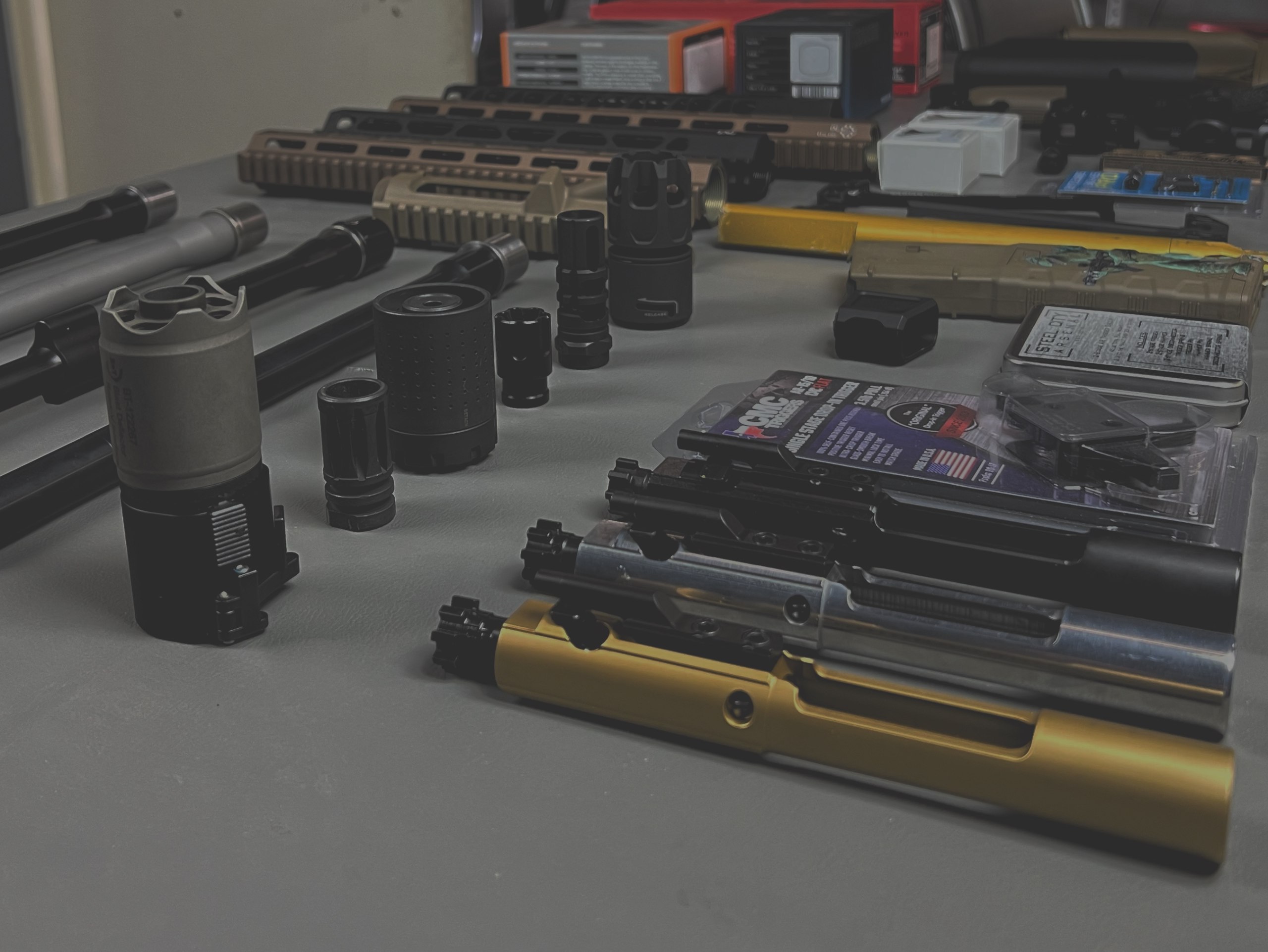The safety of you and your loved ones is paramount. When it comes to securing your home; firearm storage, proper training, and gun safety are all vital considerations. If you own a firearm for home defense, it’s essential to ensure that it’s stored and secured properly to prevent accidents and unauthorized access. In this blog, we’ll discuss some key tips for Home Defense.
- Choose an optimal weapon for your home:
- Consider the environment and the things in your environment. Your rooms, layout, and overall house plan may dictate the type of weapon and ammunition you choose.
- Become proficient with your weapon:
- Training is the single most important part of self defense. The best weapon in the world is worthless in a fight. Seek out local training classes focused on home defense.
- Invest in a Quality Safe:
- The most secure way to store your firearm is in a gun safe designed to resist tampering, theft, and fire. These safes come in various sizes and styles, so you can choose one that fits your needs and budget. Ensure the safe is kept in a discreet location within your home.
- Ensure tamper-proof safety if you don’t have a safe by using a cable lock or trigger lock. You can use cable locks or trigger locks to render your firearm inoperable. These locks thread through the barrel or action, preventing anyone from using the firearm. Many firearms come with these locks when purchased.
- Separate Ammunition:
- Store your firearm and its ammunition separately. Keeping them apart adds an extra layer of security because even if someone gains access to the firearm, they won’t have immediate access to live ammunition.
- Educate Your Household:
- Ensure that everyone in your household is aware of the firearm’s presence and the importance of gun safety. Teach them basic firearm safety rules and the consequences of mishandling the weapon.
- Consider how you store your weapon:
- In a self-defense scenario, you must have quick access to your firearm. If using a full-sized safe, consider a quick-access pistol safe in your bedroom for immediate response.
- Check Local Laws:
- Be aware of local laws and regulations regarding firearm storage. Some jurisdictions may have specific requirements for securing firearms in the home.
- Regular Maintenance:
- Ensure your firearm is in good working condition and properly maintained. A well-maintained firearm is less likely to malfunction and cause accidents.
By following these guidelines, you can take proactive steps to secure your home defense weapon. Responsible firearm ownership is not just about protecting your family from potential threats but also protecting them from accidents and unauthorized access. Prioritize safety and stay informed about best practices for securing your home defense weapon.




